detail profile paul tazewell
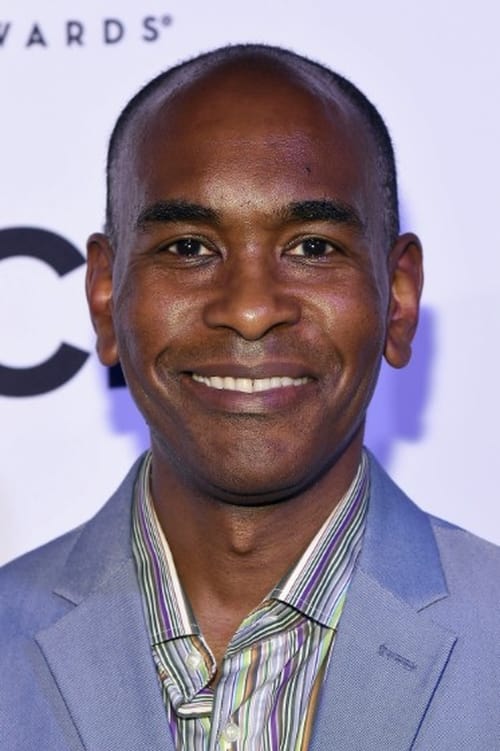
Riwayat Hidup
Paul Tazewell is an American costume designer for the theatre, dance, and opera and television.
After training at New York University Tisch School of the Arts he started his career on Broadway.
He went on to win a Tony Award and a Emmy Award as well as a nomination for an Academy Award.
Tazewell made his Broadway debut as a costume designer with Bring in 'Da Noise, Bring in 'Da Funk in 1996.
He went on to receive the Tony Award for Best Costume Design of a Musical for Lin-Manuel Miranda's Hamilton (2016).
His other Tony-nominated works include The Color Purple (2006), In the Heights (2008), Memphis (2010), A Streetcar Named Desire (2012), Ain't Too Proud (2019), MJ (2022), and Suffs (2024).
He is also the first African American male costume designer to be nominated for the Academy Award for Best Costume Design, for his work on Steven Spielberg's 2021 film version of West Side Story.
He received a Primetime Emmy Award for his work on The Wiz Live! (2016).
Description above from the Wikipedia article Paul Tazewell, licensed under CC-BY-SA, full list of contributors on Wikipedia.
Info Pribadi
Peran Yang Di Mainkan Paul Tazewell
 With the Wizard and the entirety...
With the Wizard and the entirety...Wicked: For Good 2025
With the Wizard and the entirety of Oz framing her as wicked, Elphaba’s righteous crusade comes into conflict with Glinda’s struggle for power. As a mysterious cyclone brings in an unwitting young outsider, the former friends will soon discover how much their actions have changed each other, and all of Oz, for good. The second part of a two-part feature film adaptation of the Broadway musical phenomenon.
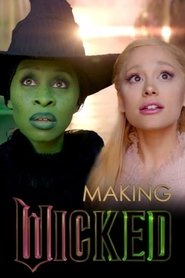 Return to Oz for a fantastic...
Return to Oz for a fantastic...Making Wicked 2024
Return to Oz for a fantastic behind-the-scenes journey with this expansive look inside the characters, choreography, and creativity that make up the movie's unforgettable world.
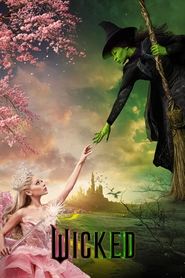 In the land of Oz ostracized...
In the land of Oz ostracized...Wicked 2024
In the land of Oz, ostracized and misunderstood green-skinned Elphaba is forced to share a room with the popular aristocrat Glinda at Shiz University, and the two's unlikely friendship is tested as they begin to fulfill their respective destinies as Glinda the Good and the Wicked Witch of the West.
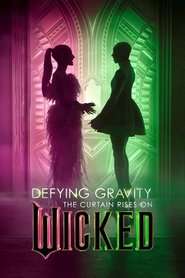 A behindthescenes look at the highlyanticipated...
A behindthescenes look at the highlyanticipated...Defying Gravity: The Curtain Rises on Wicked 2024
A behind-the-scenes look at the highly-anticipated two-part film adaptation of the hit Broadway musical, featuring interviews with the cast and crew.
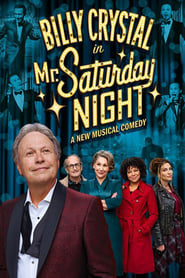 Billy Crystal starsagainas Buddy Young Jr...
Billy Crystal starsagainas Buddy Young Jr...Mr. Saturday Night 2022
Billy Crystal stars—again—as Buddy Young, Jr. in this entertaining musical about an outrageous and outspoken comedian who has one last shot at reclaiming the spotlight—and his family—one hilarious step at a time. Now, some 40 years after his TV career flamed out, Buddy seeks one more shot at the spotlight, and while he’s at it, one last shot at fixing the family he fractured along the way.
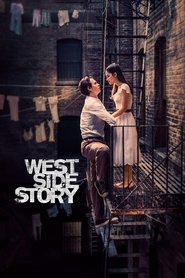 Two youngsters from rival New York...
Two youngsters from rival New York...West Side Story 2021
Two youngsters from rival New York City gangs fall in love, but tensions between their respective friends build toward tragedy.
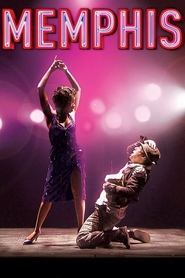 Memphis is set in the places...
Memphis is set in the places...Memphis 2011
Memphis is set in the places where rock and roll was born in the 1950s: the seedy nightclubs, radio stations and recording studios of the musically-rich Tennessee city. With an original score, it tells the fictional story of DJ Huey Calhoun, a good ole' local boy with a passion for R&B music and Felicia Farrell, an up-and-coming black singer that he meets one fateful night on Beale Street. Despite the objections of their loved ones (Huey's close-minded mama and Felicia's cautious brother, a club owner), they embark on a dangerous affair. As their careers rise, the relationship is challenged by personal ambition and the pressures of an outside world unable to accept their love. Originally shown in select theatres, then broadcast as an episode of the PBS series "Great Performances" (season 39, episode 11).
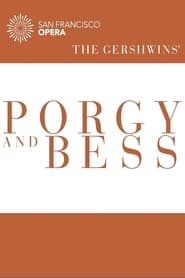 In the early 1900s the fictional...
In the early 1900s the fictional...The Gershwins' Porgy and Bess 2009
In the early 1900s, the fictional Catfish Row section of Charleston, South Carolina serves as home to a black fishing community. Crippled beggar Porgy, who travels about in a goat-drawn cart, loves the drug-addicted Bess, who lives with stevedore Crown, the local bully.
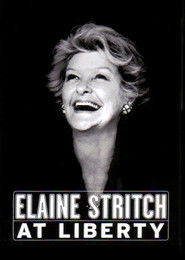 Judy at the Palace Sinatra at...
Judy at the Palace Sinatra at...Elaine Stritch at Liberty 2004
Judy at the Palace. Sinatra at Carnegie Hall. Streisand at the Garden. Stritch on Broadway. Legendary performances come along so rarely. Elaine Stritch At Liberty is an autobiographical one-woman show written by Elaine Stritch and John Lahr. The show consists of spoken monologues from Stritch following her life and career, interspersed with showtunes and pop standards which compliment her stories. Many of these songs had been originated by Stritch in major Broadway productions, such as "The Ladies Who Lunch" from Company and "Civilization" from Angel In The Wings. Her experiences and relationship with show business are focal points, but she also explores more intimate, personal themes like her alcoholism and romantic relationships.


 Presenting the tale of American founding...
Presenting the tale of American founding...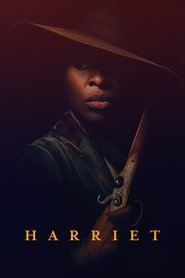 The extraordinary tale of Harriet Tubmans...
The extraordinary tale of Harriet Tubmans...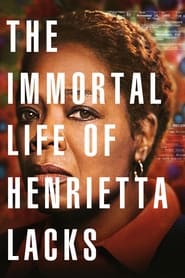 An AfricanAmerican woman becomes an unwitting...
An AfricanAmerican woman becomes an unwitting...